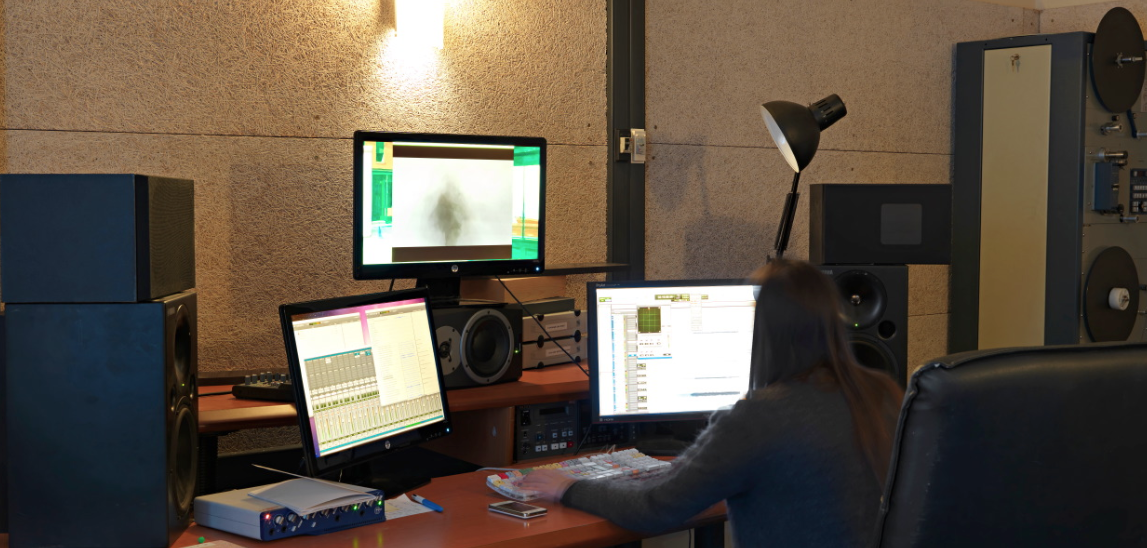Editing Department

Department overview by Jacques Comets and Catherine Zins, Heads of the Editing Department.
“Things are filmed, we don’t see them. What is filmed, even if it is filmed, we do not see it. Seeing - hearing is hard work and not something that should come easily. [...] The editing process is filled with doubt: doubt on what was filmed. [...] It is therefore an apprenticeship on seeing and listening which presupposes that nothing was seen, nothing was heard, nothing was definitively achieved on the shoot and that it’s a thousand times better to risk losing than risking winning in advance. [...] The editing process implies postulating the film as another, as that which is yet to come.”
Jean-Louis Comolli
Voir et pouvoir (See and Power) - Editions Verdier
"Through the combined apprenticeship of technical skills and storytelling, this programme aims to help students imagine and practise editing as an important moment in the mise-en-scène of a film.
An inventive and creative approach to editing is simply not possible without a firm command of the entire post-production chain both in terms of cinematography and sound production.
A visual appreciation of editing and proficiency in the technological and electronic environment go hand in hand.
The alternation between theoretical teaching and practical exercises will enable students to work with films tackling multiple mise-en-scène challenges: space, the performance of the actors, the storytelling method, aesthetic considerations, ethics and more.
While the departmental training implies the acquisition of specific skills that will provide the essential foundations for professional excellence, it should not close the door to other departments.
Multiplying the opportunities to meet up and explore with the other departments ’outside the major inter-departmental exercises’ should therefore be a constant objective.
And more specifically, it is during the ’important’ fiction and documentary exercises that, in collaborating with directing students, the acquired skills will be put to the test and developed.
Exploratory workshops, meetings with visiting professionals and critical analysis will also be tools used to approach and further the skills acquired.
Editing is the point of convergence for all of the disciplines that contribute to the making of a film. Also the choice and methods of production, the technical configuration of images and sounds, special effects, calibration, music and mixing, of course, but also distribution and cinema management processes are all important considerations that each student must constantly take into account during the editing process.
The constant interplay between theory and practice not only in relation to the history of cinema and the visual arts but in every field of plastic arts and music is also an important factor."





